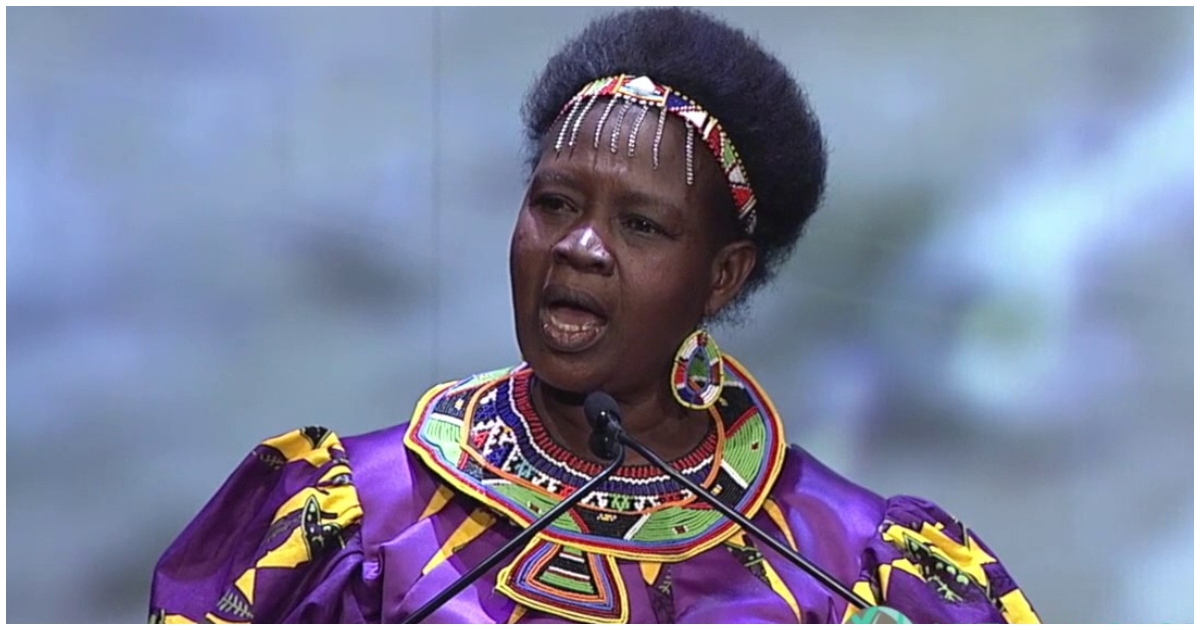Chief Theresa Kachindamoto has become a powerful symbol of change in Malawi. As the first female Ngoni leader in her village, she has made it her life mission to end child marriage and ensure girls stay in school. Through her determined leadership, Kachindamoto has annulled over 3,500 child marriages and advocated for a brighter future for countless young girls.
Her tireless efforts have made a remarkable impact, especially in a country where child marriage is still a significant issue, and the dropout rate for girls remains high.
Raising the Minimum Age of Marriage in Malawi
In 2017, Malawi made a crucial step toward protecting young girls by raising the minimum age for marriage from 15 to 18. This change was largely influenced by Chief Kachindamoto’s activism and partnership with local government, civil society, and organizations like UN Women.
Chief Kachindamoto’s efforts to amend the constitution and end child marriage in Malawi were nothing short of revolutionary. She worked closely with various stakeholders to ensure that the rights of girls were upheld. As she explains, “If you educate your girls, you will have everything in the future.” She believes that education is the key to empowering girls and ending cycles of poverty and early marriages.
Ending Child Marriages: A Personal Commitment
Chief Kachindamoto’s fight against child marriage began after she encountered a heartbreaking case—a 13-year-old girl who had already become a mother. This encounter deeply affected her, leading her to take immediate action. She vowed to never allow another girl to suffer the same fate.
Through her leadership, she has annulled over 3,500 child marriages in her region. Her actions have given many girls the opportunity to continue their education. Bernadetta Matison, a 17-year-old whose marriage was annulled by Chief Kachindamoto, shared her story. “I dropped out of school because I got pregnant,” Matison recalled. “When I think about it now, I realise that getting married at such a young age isn’t a good thing.”
The Struggle for Cultural Change in a Traditional Society
Chief Kachindamoto’s mission has not been without its challenges. As the first female leader in her village, she faced strong opposition from those who saw child marriage as a cultural tradition. In a deeply patriarchal society, her leadership was groundbreaking. She faced criticism and resistance but remained committed to her cause.
Her perseverance has proven that cultural change is possible, even in the face of adversity. Kachindamoto’s success has shown that it’s not only the law that can protect children, but also the collective will of communities to change harmful practices.
Chief Kachindamoto’s Lasting Legacy
Today, Chief Theresa Kachindamoto’s work is recognized internationally as a groundbreaking achievement for women’s rights and education. Her efforts have opened doors for thousands of girls to complete their schooling and avoid early marriage. Kachindamoto’s legacy is one of hope, determination, and the belief that one person can indeed make a difference.
Through her ongoing commitment, she continues to challenge the status quo and create a future where girls can grow up to be leaders, just as she has.


